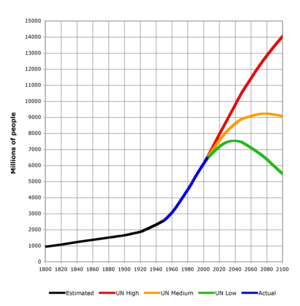Alesha Dixon - The Boy Does Nothing
http://youtu.be/6Pigw0qtAl4
After listening to and watching this video, identify the Present Tense forms in the lyrics (underline them).
I got a man with two left feet
And when he dances down to the beat
I really think that he should know
That his rhythms go go go
I got a man with two left feet
And when he dances down to the beat
I really think that he should know
That his rhythms go go go
CHORUS
Does he wash up? Never wash up
Does he clean up? No, he never cleans up
Does he brush up? Never brushed up
He does nothing the boy does nothing
(Repeat chorus)
Hey boy how you been?
I got a thousand lines
Where do I begin?
And II been here, been there
Traveling
I saw you at the corner
My vibe kicked in
And
Two fields
I clock you
Wearing tight jeans
A real nice suit
He was smiling like you
Was just seventeen
I asked him for a dance
He said 'yes please'
Take a sip of dancing juice
Everybody's onto you
Through the left and to the right
Everybody hit the rhythm
It's on tonight
I'm gonna feel the heat within my soul
I need a man to take control
Let the melody blow you all away
CHORUS
Does he wash up? Never wash up
Does he clean up? No, he never cleans up
Does he brush up? Never brushed up
He does nothing the boy does nothing
(Repeat chorus)
Work it out now
Work it, Work it out now
Do the mumbo
Shake it all around now
Everybody on the floor
Let me see you clap your hands
I wanna see you work
I wanna see you move your body in turn
I wanna see you shake your hips and learn
I wanna see you work it, work it, work it out now
I wanna see you work
I wanna see you move your body in turn
I wanna see you shake your hips and learn





























